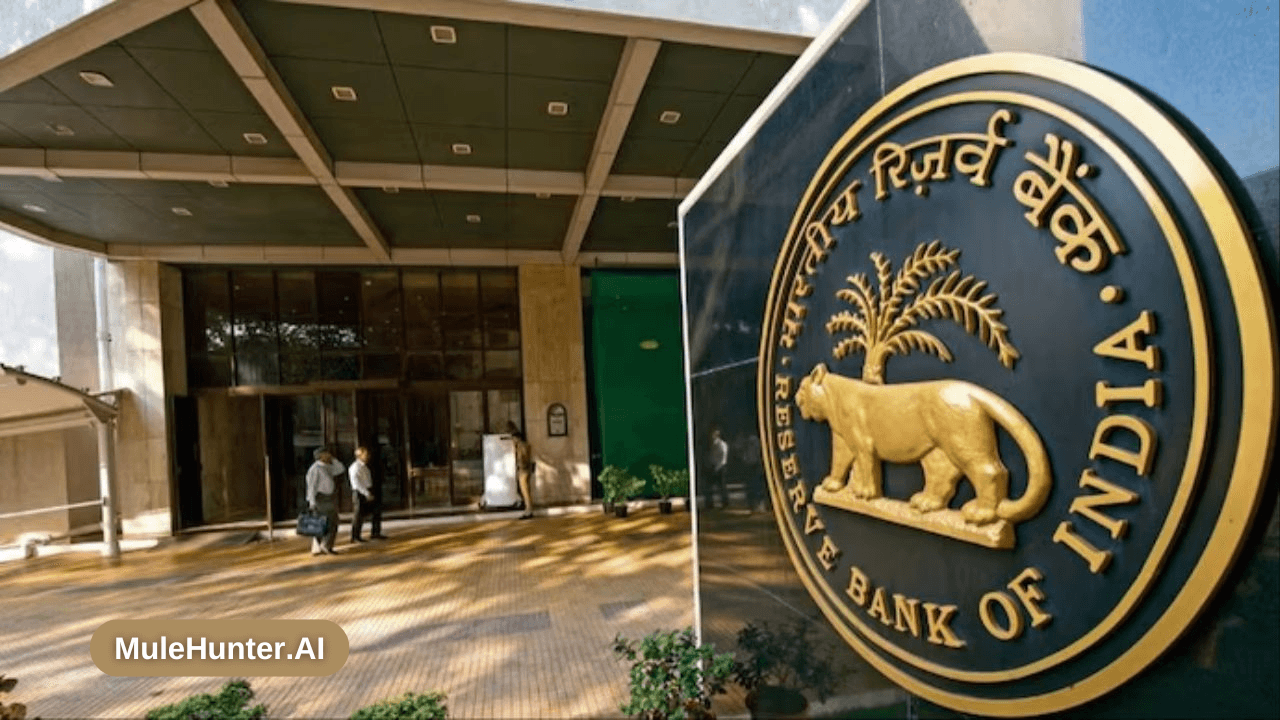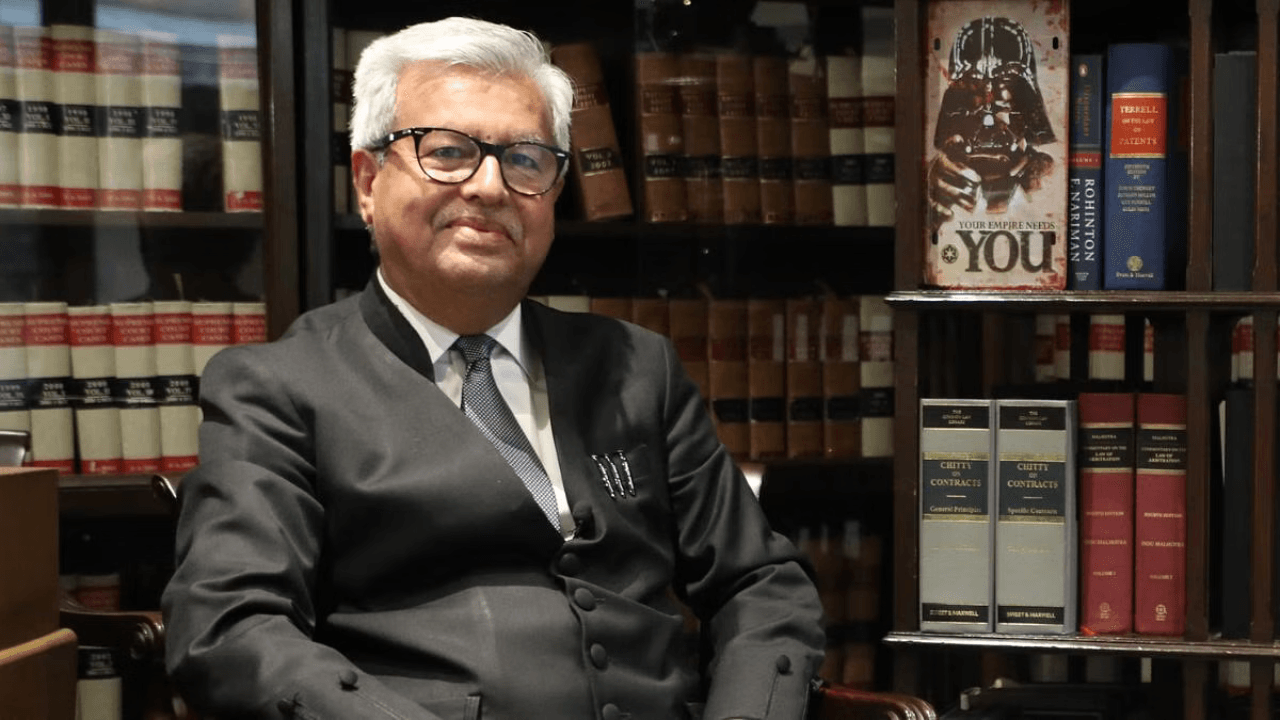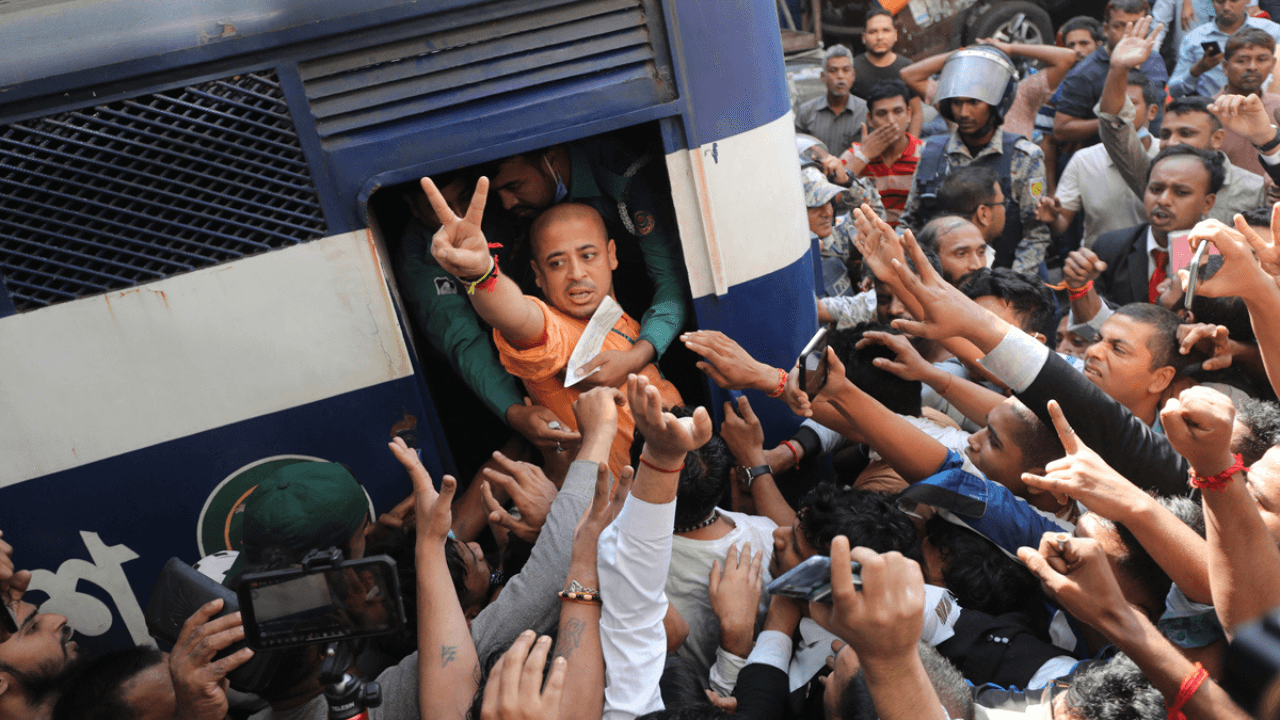Pavel Durov, the CEO of popular messaging app Telegram, was arrested by French police at Le Bourget Airport, north of Paris on 25 August 2024. The 39-year-old billionaire was detained after his private jet landed at the airport, and was arrested under a warrant for offences related to the popular messaging app.
Durov is accused of failing to take steps to curb criminal uses of Telegram, including drug trafficking, child sexual content, and fraud. The app has been accused of failing to cooperate with law enforcement and has previously denied having insufficient moderation.
Durov, who was born in Russia and now lives in Dubai, where Telegram is based, holds dual citizenship of the United Arab Emirates and France. Telegram is particularly popular in Russia, Ukraine, and former Soviet Union states. The app was banned in Russia in 2018, after Durov refused to hand over user data, but the ban was reversed in 2021.
The arrest of Durov also has significant geo-political implications. The move may be seen as a victory for governments seeking to exert greater control over the internet, but it also raises important questions about the balance between national security and individual freedom. Telegram has been a key platform for dissident groups and activists in countries like Russia, Iran, and China, where freedom of expression is heavily restricted. The platform’s popularity in these regions has made it a thorn in the side of authoritarian governments, who have repeatedly called for greater control over online communication.
In India, the IT ministry has requested the Ministry of Home Affairs to investigate pending complaints against Telegram and explore potential actions. While CERT-In, under the ministry of IT, primarily focuses on cybersecurity offenses rather than cybercrime, numerous news reports highlight the rampant financial fraud occurring within Telegram groups. These groups often employ honey trap tactics, where admins gain the trust of investors by initially providing profits, only to disappear when substantial amounts are invested. Additionally, Telegram has become a hub for various illicit activities, including sex work and part-time job schemes, which are proving to be lucrative. The platform’s rise in popularity can be attributed to the availability of free cinema and entertainment content, but this has also led to significant issues related to copyright infringement and breaches of intellectual property rights.
Furthermore, Telegram’s rise to popularity has been meteoric, with its encrypted messaging services attracting millions of users worldwide. However, the platform’s growth has also been accompanied by concerns over its lack of effective moderation. Critics have long argued that Telegram’s hands-off approach has created a safe haven for criminal activity, including terrorist groups and organized crime syndicates..
The Russian Embassy in France has expressed concern over Durov’s arrest, saying it is seeking to “clarify the reasons for the detention and to provide for the protection of Mr Durov’s rights and facilitate consular access”. Russian Foreign ministry spokeswoman Maria Zakharova has also weighed in, asking whether Western human rights NGOs would be silent on Mr Durov’s arrest, after they criticised Russia’s decision to “create obstacles” to the work of Telegram in Russia in 2018.
Telegram’s lack of effective moderation has been a long-standing concern, with critics arguing that the app’s hands-off approach has created a safe haven for criminal activity, including terrorist groups and organized crime syndicates. The app’s popularity in regions with restricted freedom of expression has made it a thorn in the side of authoritarian governments, who have repeatedly called for greater control over online communication.












